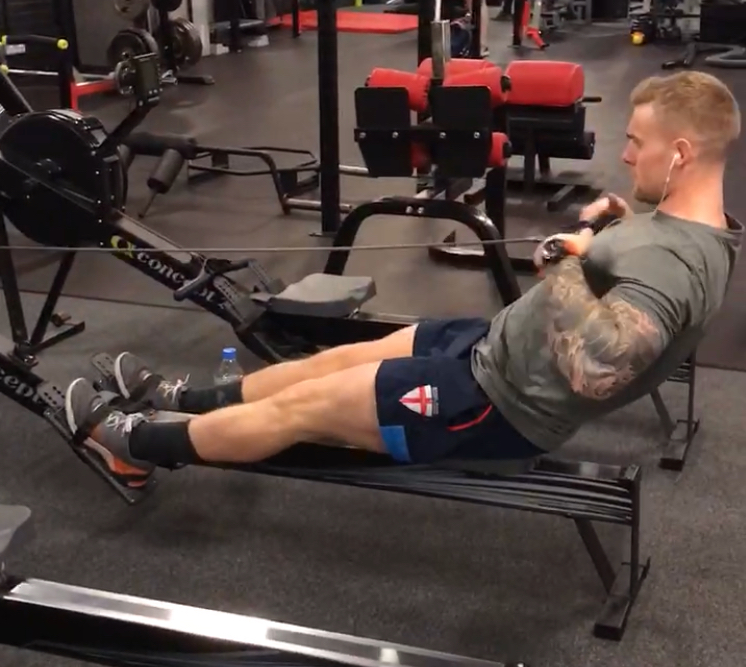Fasted cardio is very much hot topic, people seeing their favourite fitness idols on social media preaching it is more beneficial for fat loss so start doing it themselves thinking it must be superior.. In fairness, there is sufficient research that backs this up and shows that this works. Only thing is there is also sufficient research that shows fed state cardio works just as well.
So.. which one is for you??
Reality is, so long as you’re in a calorie deficit, the timing of your cardio makes no difference what so ever to your fat loss goals. Which then comes down to personal preference and how it fits in with your lifestyle and daily structure. For example, if you work shift patterns and start work at 5am, is it really ideal for you to get up at 3.30 to get your cardio in? Or would it be of more benefit for you to increase your recovery from your previous days training through sleeping an extra hour and then hitting your cardio at 3pm when you’re home? This way it’s probably more sustainable and you’re more likely to stick to this long term. If however you start work at 9am and finish at 5pm then maybe getting up at 7am and doing your cardio before breakfast is the most convenient time for you.
Personally I don’t like doing cardio on a full stomach after I’ve eaten, so if I have time in the morning then I’ll do it prior to breakfast. Not because of the benefits or because I just refreshed my Instagram feed and saw someone doing it, simply preference. Likewise, I also have early starts during the week so the evening is sometimes the best time for me.
Like anything, the method that best suits you and the one you can see yourself consistently sticking too long term is probably your preferred option because without consistency, you’re not going to see the results you want regardless of whether you’re fasted or fed. So find what works for you and make it fit accordingly.
From my time in professional sport we had a saying when writing new programmes for athletes and had to consider things such as injury history, sport demands, individual needs etc…
“Make the model fit the athlete, not the athlete fit the model”.

Leave A Comment